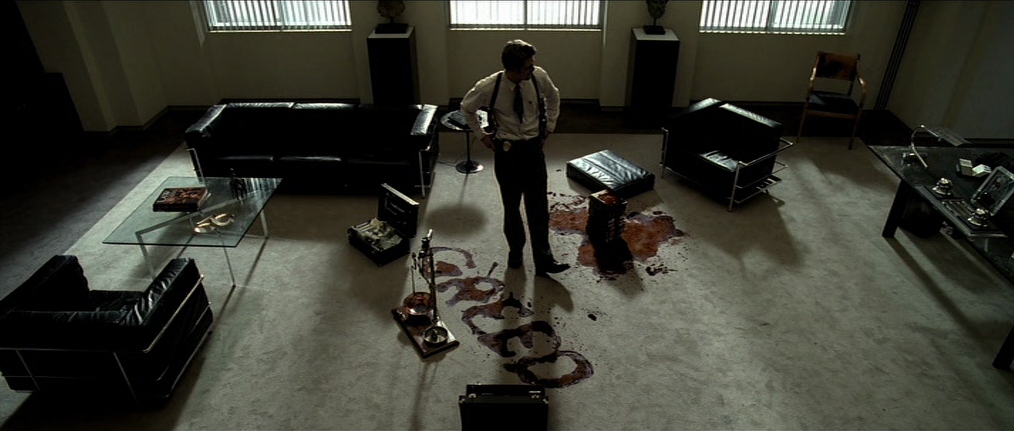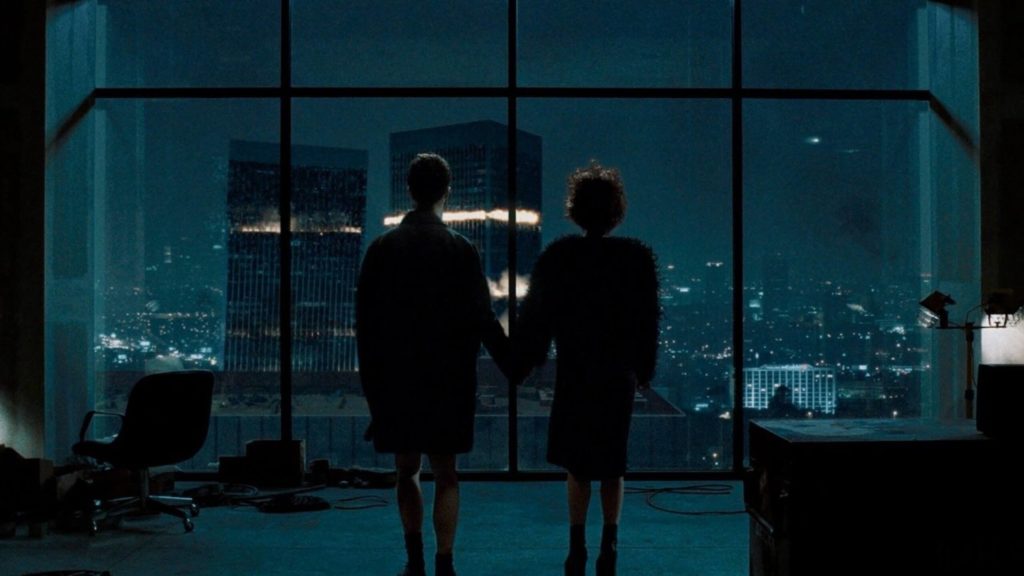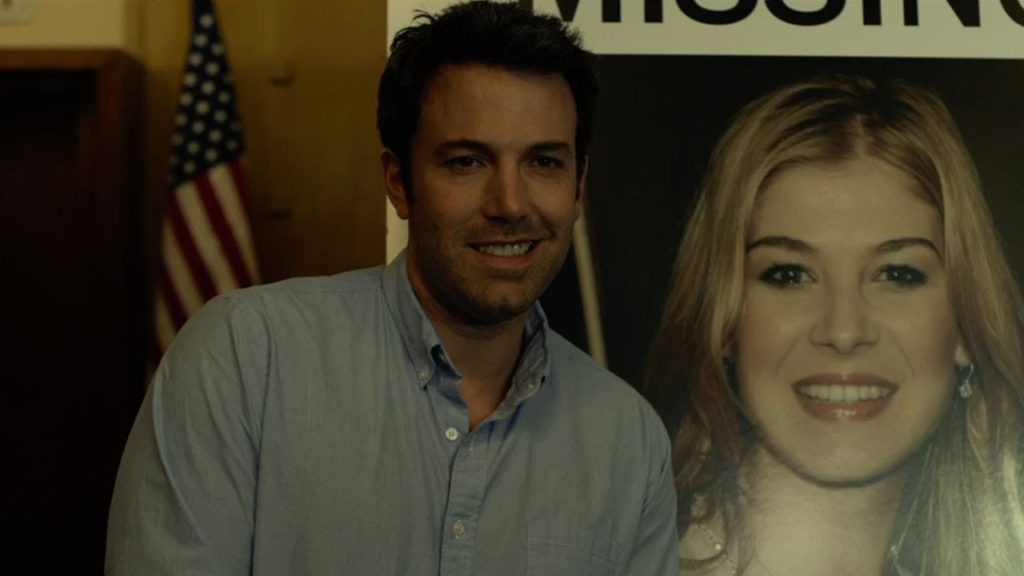The 80th International Venice Film Festival has announced the lineup of films from global filmmakers, including David Fincher. The Killer (2023) is Fincher’s next thriller – a solitary, cold, methodical and unencumbered by scruples or regrets, a killer waits in the shadows, watching for his next target. Yet, the longer he waits, the more he thinks he’s losing his mind, if not his cool. Fincher has directed some of my favourite films and happens to have a keen eye for developing highly complex characters in his world. With a distinct style and unique approach to filmmaking, I noted factors which contribute to his unique and personal storytelling.
David Fincher’s speciality as a filmmaker lies in his ability to craft visually stunning and intellectually engaging films that delve into dark and complex themes. He is known for his technical precision and attention to detail, creating a distinctive visual style that often incorporates shadows, low-key lighting, and muted colour palettes to set the mood and atmosphere.

Fincher is renowned for his technical prowess and attention to detail. He is a perfectionist, often shooting multiple takes to get the exact performance and shot he envisions. This dedication to precision is evident in the polished and visually striking look of his films. Many of Fincher’s films explore dark and complex themes, often delving into the psychological depths of the human mind. He is drawn to stories that challenge the audience intellectually and emotionally, making them think deeply about the narrative and characters. Fincher’s visual style is characterized by his use of shadows, low-key lighting, and muted colour palettes, which create a moody and atmospheric ambience. He often employs visual motifs and recurring symbols to enhance the storytelling and evoke certain emotions. Fincher is not afraid to experiment with narrative structures and storytelling techniques. His films often have non-linear narratives, unreliable narrators, or unexpected plot twists, keeping the audience engaged and guessing. Fincher’s films are known for their taut pacing and seamless editing. His collaboration with editors like Angus Wall and Kirk Baxter has resulted in films that feel meticulously crafted and tightly woven. Fincher’s films are populated with well-developed and multi-layered characters. He often collaborates with talented actors who deliver compelling performances, adding depth to the narrative. Whether it’s the exploration of serial killers in “Se7en” or the social network’s darker side in “The Social Network,” Fincher is unafraid to tackle complex and sometimes uncomfortable subjects. For several of his recent films, Fincher has teamed up with musicians Trent Reznor and Atticus Ross to create haunting and atmospheric scores that perfectly complement the mood and tone of the films.

One of his significant specialities is his talent for exploring psychological depths and complex character development. Fincher’s films often feature morally ambiguous characters grappling with their inner demons, obsessions, and personal struggles. He skillfully brings out compelling performances from his actors, allowing them to portray multi-layered and emotionally resonant characters. Many of Fincher’s films delve into themes of identity, self-discovery, and the search for meaning in life. Characters often grapple with their own sense of self, sometimes battling inner demons or undergoing transformations that challenge their perceptions of reality.
Obsession and compulsion are common themes in Fincher’s films. Characters may be driven by an intense desire to achieve their goals, often leading to destructive behaviour and moral dilemmas. Fincher frequently explores the abuse of power and the corrupting influence it can have on individuals and institutions. His films often feature morally ambiguous characters who exploit their positions for personal gain.
Several of Fincher’s films examine the impact of technology and modernity on society and human relationships. He often portrays the dark side of technological advancements and their potential to isolate individuals or facilitate unethical behaviour. Fincher’s films often incorporate elements of psychological thrillers, with characters engaging in mind games, manipulation, and moral dilemmas that keep the audience on the edge of their seats.
Fincher’s films often blur the lines between right and wrong, and characters frequently grapple with ethical dilemmas. This moral ambiguity adds depth to the storytelling and challenges the audience’s perceptions. Many of Fincher’s characters experience feelings of alienation and loneliness, struggling to connect with others on a meaningful level. This sense of isolation often contributes to their internal conflicts.

Several of Fincher’s films revolve around crime investigations and the pursuit of justice. He delves into the darker aspects of crime and punishment, exploring the motivations behind criminal behaviour. “The Social Network” and “Gone Girl,” for example, examine the influence of media on public perception and the impact it can have on individuals’ lives. Fincher’s films often explore themes of loss and grief, delving into the emotional struggles characters face when dealing with tragedy or trauma.
These themes contribute to the distinctiveness and depth of David Fincher’s films, making them thought-provoking and emotionally engaging for audiences.
Upon looking back at Fincher’s filmography so far, Fincher’s speciality lies in his ability to create visually captivating films with intricate storytelling, compelling characters, and thought-provoking themes, making him one of the most respected and influential directors in contemporary cinema. His collaboration with composers like Trent Reznor and Atticus Ross has resulted in haunting and atmospheric scores that complement the tone and mood of his films, enhancing the overall cinematic experience. David Fincher has a distinct blend of technical mastery, dark storytelling, visual style, and thematic exploration. Which has earned him a dedicated following and a significant impact on contemporary cinema.

